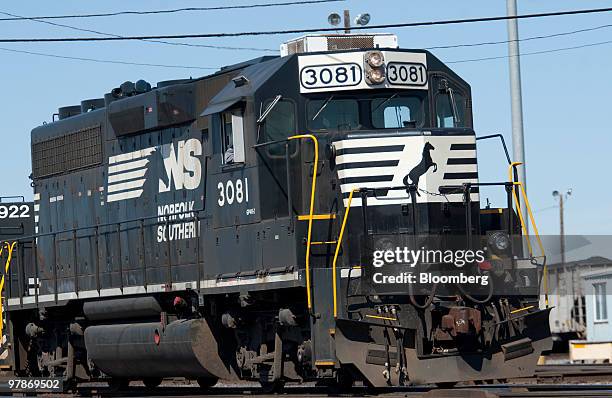Norfolk Southern Chicago Transload Volume Increase
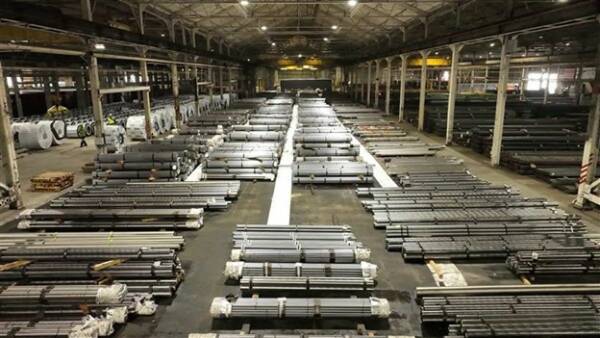
Chicago transload facilities operated by Norfolk Southern are experiencing a sharp and unexpected surge in volume, straining capacity and impacting regional supply chains. The sudden spike, first noted late last month, continues to escalate, prompting concerns among shippers and raising questions about the railroad's ability to manage the influx.
This surge in activity at Norfolk Southern's Chicago transload points is creating bottlenecks, delays, and increased costs for businesses relying on these critical hubs. The increase has also ignited speculation about the root causes, with potential contributing factors ranging from diverted freight due to other rail line disruptions to a sudden uptick in consumer demand.
Transload Volume Soars
Data from the week ending October 27th shows a 28% increase in transload volume compared to the same period last year. That number is according to preliminary figures released by the Association of American Railroads (AAR) earlier today.
The heaviest impact is concentrated at Norfolk Southern's major Chicago-area facilities, including the Calumet, Landers, and 47th Street terminals. Reports from on-site operators detail significant congestion and difficulty managing the increased flow of goods.
Shippers Feel the Strain
The volume increase is causing significant disruptions for shippers dependent on Norfolk Southern's transload services. Companies are reporting delays in receiving raw materials and shipping finished products, impacting production schedules and order fulfillment.
Several firms, speaking on condition of anonymity, have expressed frustration with what they perceive as a lack of communication from Norfolk Southern regarding the situation. These disruptions have led to increase cost.
Specific Impacts Across Industries
The automotive industry, a major user of Norfolk Southern's transload network, is particularly vulnerable. Manufacturers are relying on the railroad to move components and finished vehicles, but the delays are causing production slowdowns and increased inventory costs.
The agricultural sector is also being affected, with farmers struggling to transport harvested crops to market. Grain elevators are facing capacity constraints, leading to potential losses for growers.
Norfolk Southern's Response
Norfolk Southern acknowledged the volume increase in a brief statement released this afternoon. The company stated they are "aware of the increased demand" and are "taking steps to address the situation".
These steps include deploying additional personnel and equipment to the affected facilities. The company did not specify the number of personnel or the type of equipment being deployed, nor did it provide a timeline for resolution.
Norfolk Southern is also working to improve communication with customers, according to the statement. Details about these efforts are scarce.
Possible Contributing Factors
While Norfolk Southern has not provided a specific explanation for the volume increase, several potential factors are being considered. One possibility is diverted freight from other rail lines experiencing their own operational challenges.
The closure of portions of the Canadian National line near Winnipeg due to recent floods, may have shifted freight to Norfolk Southern. Another possible factor is a surge in consumer demand, particularly for goods transported via intermodal containers.
Data Points to Congestion
Real-time data from rail tracking services confirm the congestion at Norfolk Southern's Chicago transload facilities. Dwell times for railcars at the Calumet terminal, for example, have increased by an average of 36 hours over the past two weeks.
The number of trains waiting to enter or exit the facilities has also risen sharply. Aerial imagery shows lines of railcars stretching for miles, indicating a significant backlog.
Next Steps and Ongoing Developments
Shippers are closely monitoring Norfolk Southern's efforts to address the volume surge. Many are exploring alternative transportation options, such as trucking, although capacity in the trucking industry is also tight.
The Surface Transportation Board (STB) has been notified of the situation and is monitoring developments. The STB has the authority to intervene if the situation escalates and negatively impacts the national transportation system.
This situation is dynamic. Expect further updates as Norfolk Southern's response unfolds and impacts become more apparent.




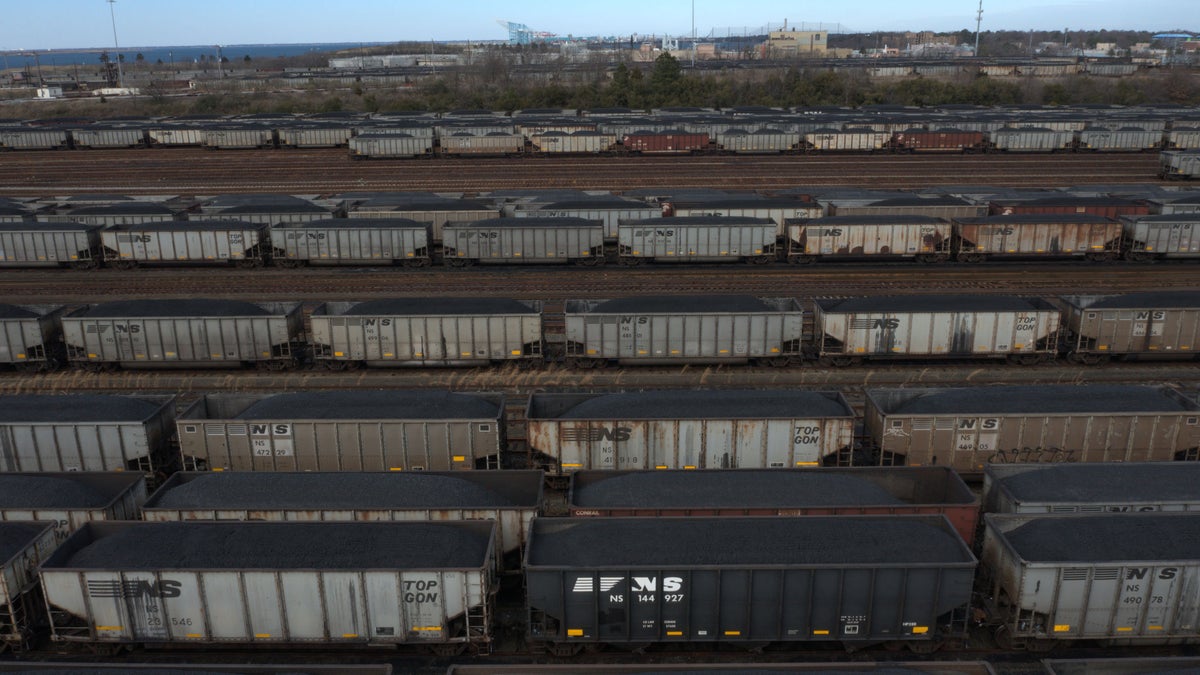
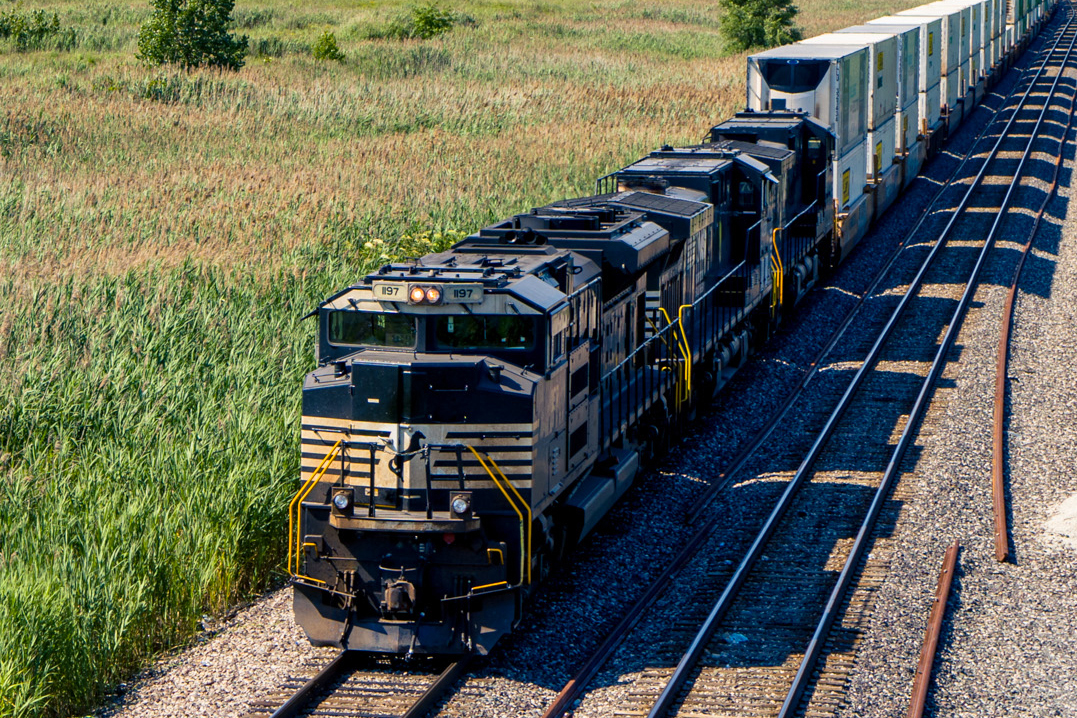
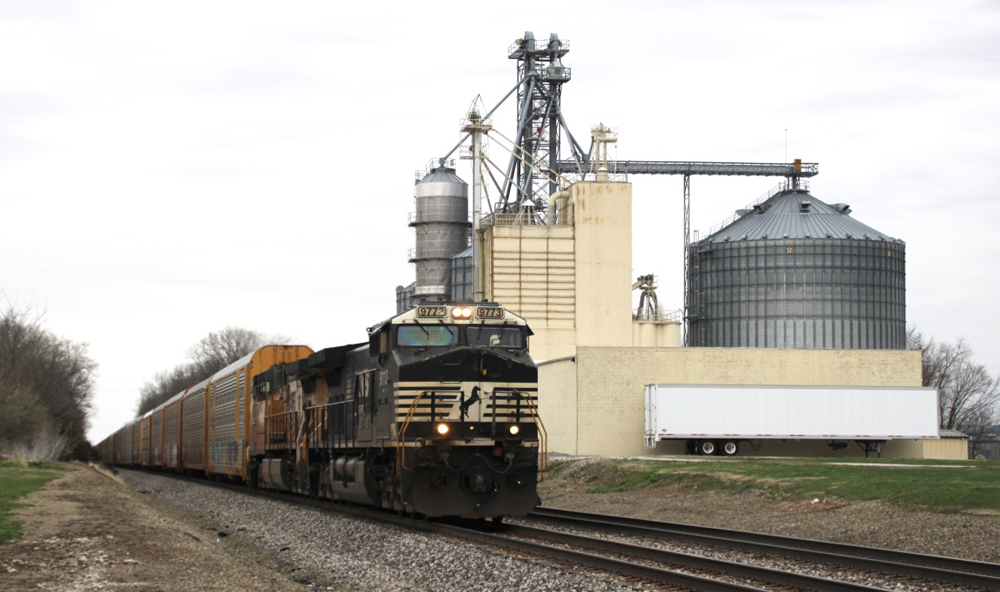

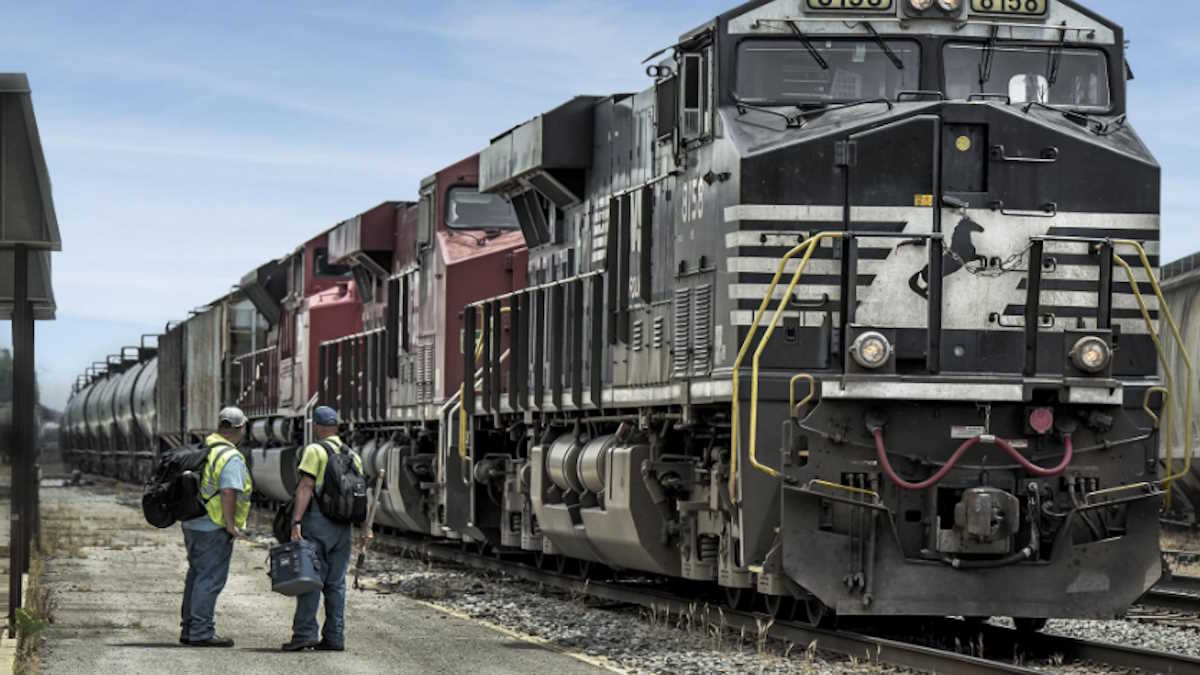
![Norfolk Southern Chicago Transload Volume Increase [RF] - Extreme Railroading on the Norfolk Southern Chicago Line - YouTube](https://i.ytimg.com/vi/3OZmca_35EA/maxresdefault.jpg)



